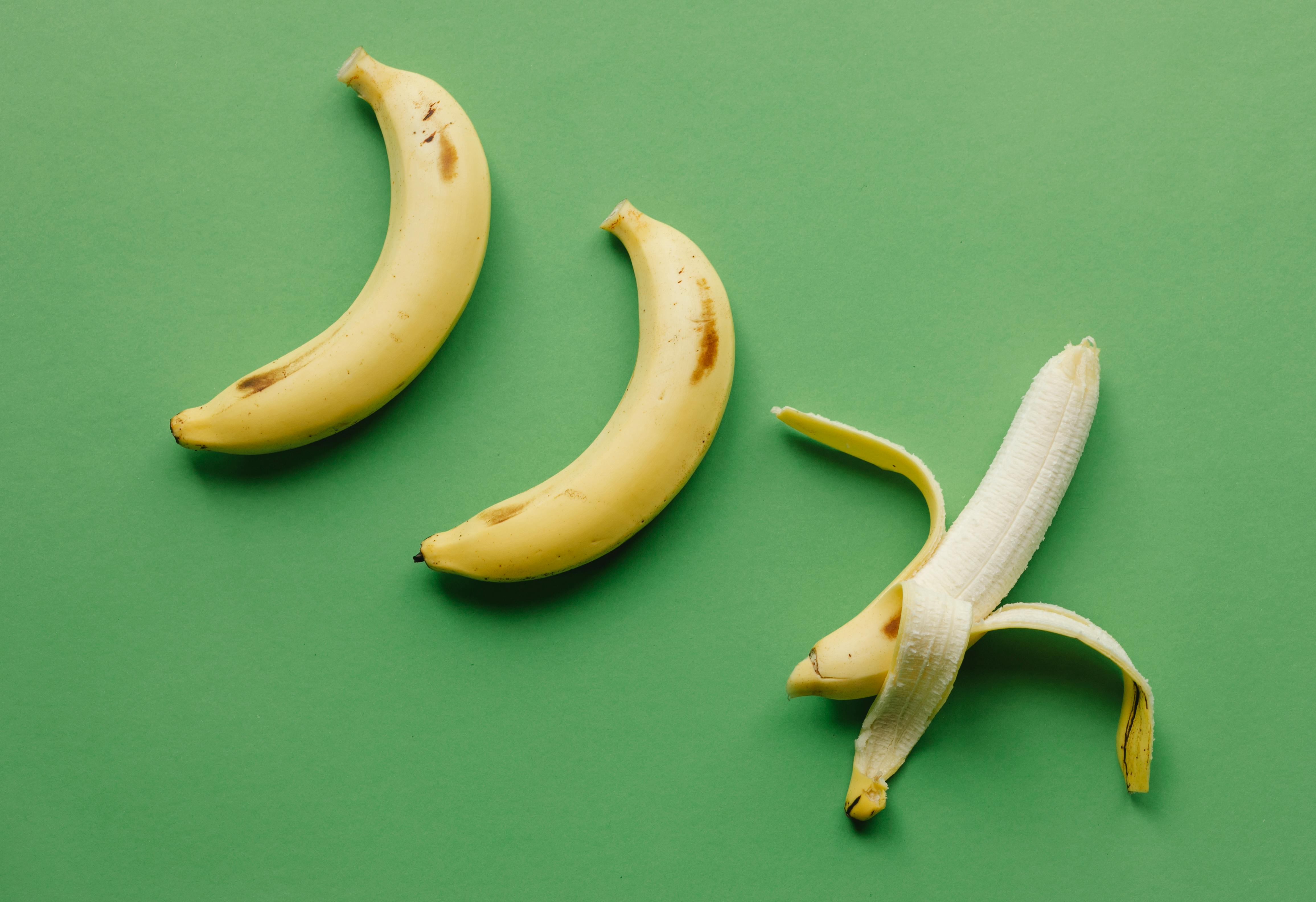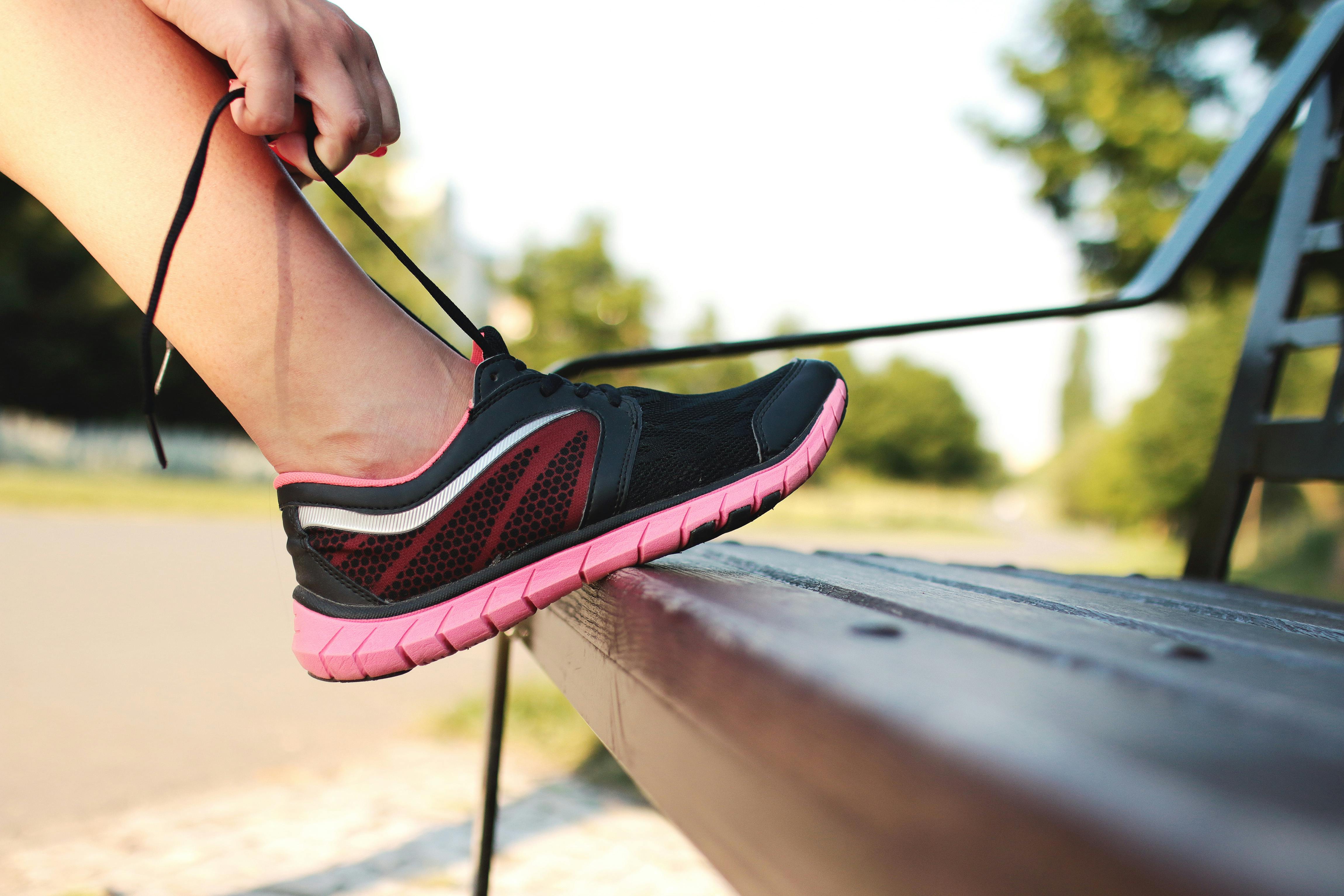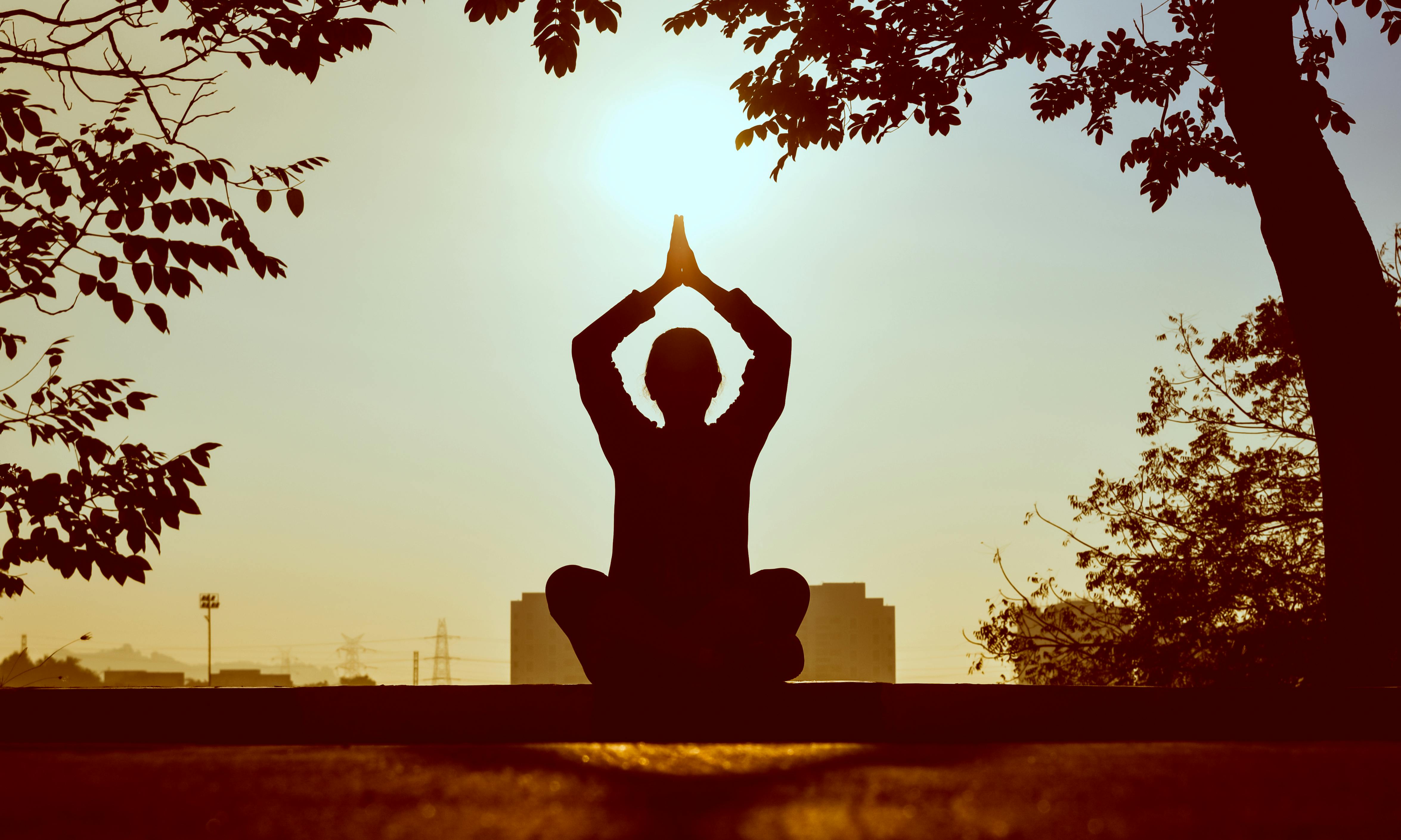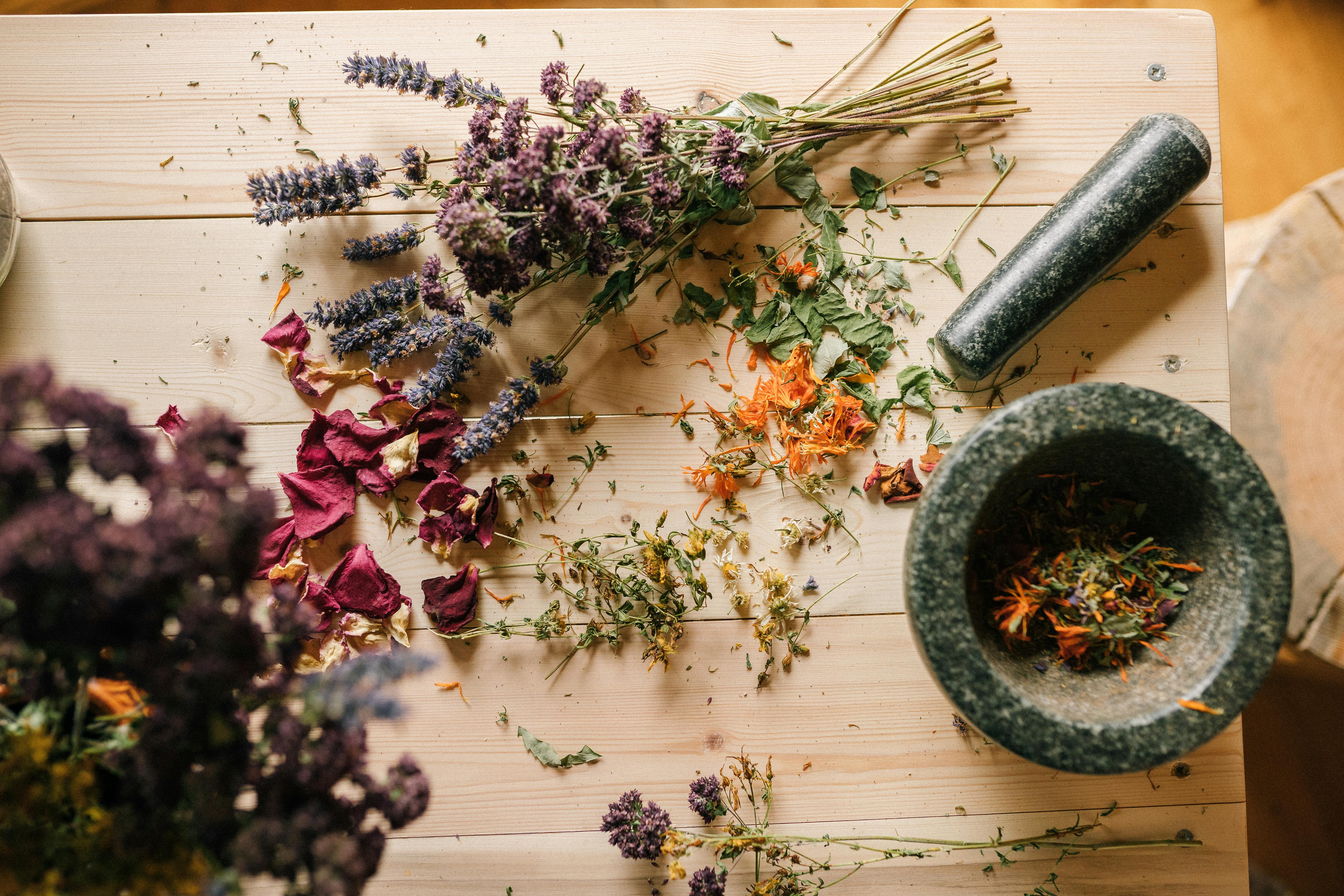Seven Gentle Paths to Lower Blood Pressure Naturally
In the fast-paced world we inhabit, stress and lifestyle choices often contribute to high blood pressure, a silent yet prevalent health concern. While medication is a common recourse, many seek natural methods to manage their hypertension. Embracing a holistic approach not only aids in lowering blood pressure but also enhances overall well-being. This article delves into seven gentle paths to naturally reduce blood pressure, each rooted in evidence-based practices. From dietary adjustments and exercise to mindfulness and herbal remedies, these methods are interconnected, promoting a balanced and healthier lifestyle. Embark on this journey to discover how small, mindful changes can lead to significant health improvements.
Embrace the Power of Potassium-Rich Foods

Diet plays a crucial role in managing blood pressure, and potassium is a key player in this arena. Potassium helps balance sodium levels in the body, which is essential for maintaining healthy blood pressure. Foods rich in potassium, such as bananas, sweet potatoes, spinach, and avocados, should be staples in your diet. These foods not only help lower blood pressure but also provide essential nutrients that support heart health. Integrating a variety of potassium-rich foods into your daily meals can naturally counteract the effects of sodium, making it a simple yet effective dietary adjustment. By prioritizing these foods, you lay the foundation for a healthier cardiovascular system.
The Calming Effects of Regular Physical Activity

Exercise is a powerful tool in the fight against high blood pressure. Regular physical activity strengthens the heart, enabling it to pump blood with less effort, thereby reducing the pressure on arteries. Engaging in moderate-intensity activities such as brisk walking, cycling, or swimming for at least 150 minutes a week can significantly lower blood pressure. Exercise also reduces stress hormones, which are known contributors to hypertension. The beauty of exercise lies in its adaptability; whether it's a morning jog or an evening yoga session, consistent movement is key. By incorporating regular exercise into your routine, you enhance cardiovascular efficiency and promote overall health.
Mindfulness and Meditation: The Stress Relievers

Stress is a major contributor to elevated blood pressure, making stress management critical. Mindfulness and meditation have been shown to effectively reduce stress levels and, consequently, blood pressure. These practices encourage a state of relaxation, allowing the body to counteract stress-induced hypertension. Techniques such as deep breathing, progressive muscle relaxation, and guided imagery can be easily integrated into daily life. Regular meditation sessions, even if brief, can help cultivate a peaceful mind, reducing anxiety and tension. By dedicating time to mindfulness, you not only lower your blood pressure but also improve mental clarity and emotional resilience.
The Role of Herbal Remedies

Nature offers a plethora of herbal remedies known to support healthy blood pressure levels. Herbs such as garlic, hawthorn, and hibiscus have been traditionally used for their cardiovascular benefits. Garlic, in particular, contains allicin, a compound that enhances blood circulation and reduces pressure on the heart. Hawthorn is known to improve heart function and circulation, while hibiscus tea has been shown to lower systolic blood pressure. Incorporating these herbs into your diet, whether through teas, supplements, or culinary use, can complement other lifestyle changes. However, it is important to consult with a healthcare provider before starting any herbal regimen to ensure safety and efficacy.
The Impact of Reducing Sodium Intake
Sodium is a well-known factor in high blood pressure, and reducing its intake is a straightforward way to manage hypertension. Processed and pre-packaged foods are often high in sodium, making it essential to read labels and choose low-sodium alternatives. Cooking at home allows for better control over sodium levels, enabling you to use herbs and spices for flavor instead of salt. Gradually reducing sodium intake can lead to noticeable improvements in blood pressure. This dietary change not only supports heart health but also encourages healthier eating habits overall. By being mindful of sodium consumption, you take a significant step towards maintaining healthy blood pressure.
Prioritizing Quality Sleep

Sleep is an often overlooked aspect of health, yet it plays a vital role in blood pressure regulation. Poor sleep quality and sleep disorders such as sleep apnea are linked to hypertension. Adequate sleep allows the body to repair and regenerate, maintaining balanced hormone levels and reducing stress. Establishing a regular sleep schedule, creating a restful environment, and limiting screen time before bed can improve sleep quality. Prioritizing sleep not only supports blood pressure management but also enhances mood, cognitive function, and overall well-being. By valuing rest, you provide your body with the necessary tools to maintain optimal health.
Building a Supportive Social Network

Social connections have a profound impact on health, including blood pressure. A supportive network of family and friends can provide emotional support, reduce stress, and encourage healthy lifestyle choices. Engaging in social activities, whether it's a group exercise class or a community event, fosters a sense of belonging and reduces feelings of isolation. Positive relationships promote happiness and relaxation, which are beneficial for heart health. By nurturing these connections, you create a supportive environment that reinforces your commitment to a healthier lifestyle. Social support, combined with other natural methods, forms a comprehensive approach to managing blood pressure.
Integrating Natural Paths for Lasting Health

Lowering blood pressure naturally is a multifaceted journey that requires commitment and mindfulness. By embracing these seven gentle paths, you not only address hypertension but also enrich your overall quality of life. Each method, from dietary changes and exercise to stress management and social support, interconnects to create a holistic approach to health. The key lies in consistency and the willingness to adopt these practices as part of your daily routine. As you embark on this path, remember that small, sustainable changes can lead to significant and lasting health benefits, paving the way for a vibrant, heart-healthy future.